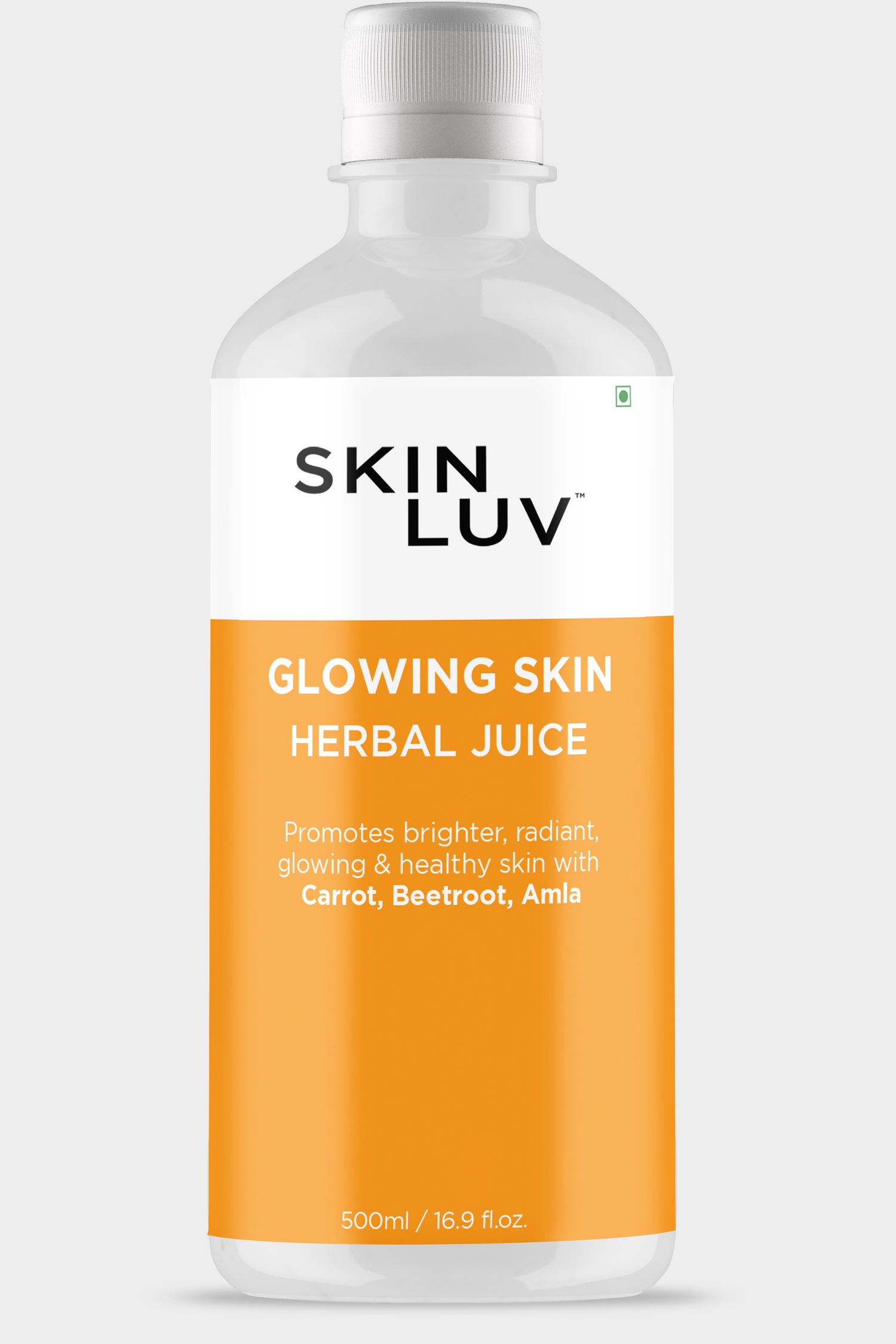
Do Collagen Supplement Actually Works?
Rihana MudholIn recent years, collagen supplements have surged in popularity, promising benefits ranging from improved skin elasticity to stronger joints and healthier hair. But do these supplements truly deliver on their promises? Let’s delve into the science behind collagen supplements and their potential benefits.
What is Collagen?
Collagen is the most abundant protein in the human body, making up about 30% of our total protein content. It is a major component of connective tissues that make up several body parts, including tendons, ligaments, skin, and muscles. Collagen has many important functions, including providing your skin with structure and strengthening your bones.
Types of Collagen Supplements
Collagen supplements come in various forms, including powders, capsules, and drinks. They typically contain hydrolyzed collagen, which is collagen that has been broken down into smaller peptides. This makes it easier for your body to absorb and utilize.
The Benefits of Collagen Supplements
1. Improved Skin Health
- Increased Elasticity and Hydration: Studies have shown that collagen peptides can help improve skin elasticity and hydration. As we age, our bodies produce less collagen, leading to dry skin and the formation of wrinkles. Supplementing with collagen can help slow down this process.
- Reduced Wrinkles: Research indicates that taking collagen supplements for several months can improve skin elasticity, reduce wrinkles, and increase the density of collagen fibers in the skin.
2. Joint Health
- Reduced Joint Pain: Collagen may help improve joint health and reduce symptoms of osteoarthritis. Some studies have found that taking collagen supplements can reduce joint pain among athletes and older adults.
- Increased Joint Mobility: Regular intake of collagen supplements has been linked to increased joint mobility and reduced stiffness.
3. Health
- Bone Density: Collagen plays a crucial role in maintaining bone strength and structure. Studies suggest that collagen supplements can help increase bone mineral density, which is especially beneficial for postmenopausal women who are at higher risk of osteoporosis.
4. Muscle Mass
- Muscle Growth: Collagen supplements can help boost muscle mass in people with sarcopenia, the loss of muscle mass that happens with age. Collagen provides a significant amount of glycine, an amino acid involved in the synthesis of creatine, which can help fuel your muscles during workouts.
5. Hair and Nail Health
- Stronger Hair and Nails: Some people have reported that taking collagen supplements has improved the strength of their hair and nails, reducing breakage and promoting growth.
How Effective Are Collagen Supplements?
The effectiveness of collagen supplements can vary based on several factors, including the quality of the supplement, the dosage, and the individual's overall diet and health. While there is promising research supporting the benefits of collagen supplements, it's essential to maintain realistic expectations and understand that results can take time.
Are There Any Side Effects?
Collagen supplements are generally considered safe for most people. However, some individuals may experience mild side effects, such as gastrointestinal discomfort or allergic reactions. It's always a good idea to consult with a healthcare professional before starting any new supplement regimen.
Incorporating Collagen into Your Diet
While collagen supplements can be beneficial, it's also important to support your body's natural collagen production. Here are a few tips:
- Eat a Balanced Diet: Foods rich in protein, such as chicken, fish, and egg whites, can help support collagen production.
- Vitamin C: This vitamin plays a critical role in collagen synthesis. Citrus fruits, strawberries, and bell peppers are excellent sources.
- Avoid Excess Sugar: High sugar consumption can damage collagen and lead to the formation of advanced glycation end products (AGEs), which accelerate aging.
Conclusion
Collagen supplements can offer several potential benefits, particularly for skin, joint, bone, and muscle health. While the research is promising, it's important to approach these supplements as part of a holistic approach to health, including a balanced diet and healthy lifestyle. As with any supplement, it's best to consult with a healthcare professional to determine if collagen supplements are right for you.


